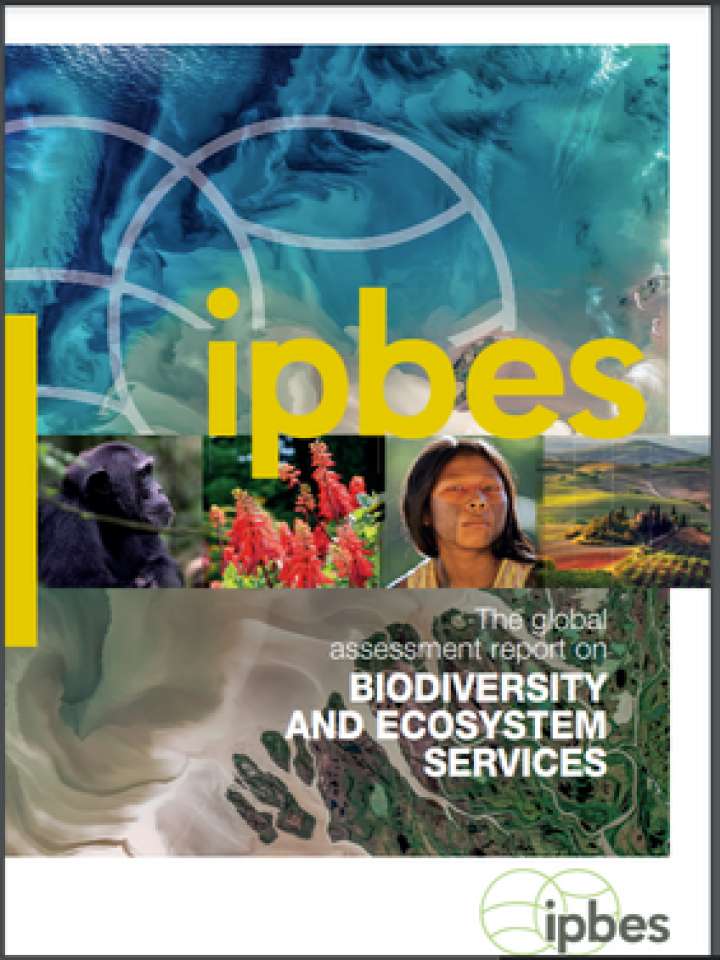The global assessment report on biodiversity and ecosystem services
This report represents a critical assessment, the first in almost 15 years (since the release of the Millennium Ecosystem Assessment in 2005) and the first ever carried out by an intergovernmental body, of the status and trends of the natural world, the social implications of these trends, their direct and indirect causes, and, importantly, the actions that can still be taken to ensure a better future for all. These complex links have been assessed using a simple, yet very inclusive framework that should resonate with a wide range of stakeholders, since it recognizes diverse world views, values and knowledge systems. In this report authors pointed out crucial strategies that can address both biodiversity loss and climate change, such as putting an end to deforestation in the tropics and degradation of carbon-rich ecosystems such as peatlands, mangroves, savannahs, and wetlands, while boosting sustainable agriculture and forestry, and cutting subsidies to destructive industries.
The authors warn that governments and policymakers of climate adaptation strategies that could backfire against biodiversity, like planting monocultural, non-native trees or planting vast land areas with bioenergy crops. According to the authors, we use more than 50% of the world’s land area for food and timber production. Expanding land use for biofuel crops will only add enormous pressures on natural lands, which will be catastrophic for biodiversity and food security. The authors point out that while nature-based solutions have their role in fighting for climate change, they should be done simultaneously with strong emissions reduction.
Explore further
